The Daughters of Mary Immaculate (DMI) have been active in Malawi since 2009, implementing socio-economic development programs to support marginalized women and children. In the Lilongwe district, DMI works directly with vulnerable communities—particularly in Mchezi and Gumulira clusters—through women’s empowerment initiatives and education-focused outreach.
In Malawi, nearly 38% of children aged 5–17 are engaged in child labour, with the vast majority working in agriculture—especially in tobacco farming. In the targeted villages, 80% of families rely on tobacco cultivation, a labor-intensive crop often involving children in hazardous conditions like prolonged sun exposure, pesticide contact, and the risk of nicotine poisoning. Many children also work in brick kilns and construction, where they are exposed to dangerous materials and denied the right to an education.
Economic hardship, a weak education system, and long distances to school leave families with few alternatives. Parents often don’t view child labor as harmful, and cultural norms along with hidden costs in schooling (like uniforms, books, and exam fees) push children—especially girls—out of classrooms and into fields.To reverse this cycle, the project will:
Your donation will help remove children from exploitative work, reintegrate them into school, and help families adopt more sustainable farming practices—creating long-term change for the next generation.
.avif)
.png)
We provide essential services tailored to survivors' needs, including family reunification, residential care, and reintegration programs for at-risk children and youth.
.png)
Through our accreditation processes and open-source collaboration, we connect and support aftercare organizations, enhancing the quality of care and support available to survivors globally.

Engaging with a global community of service providers, researchers, and advocates, we drive innovation and continual improvement in aftercare practices to combat human trafficking effectively.

Our active engagement spans Southeast Asia, Africa, and Latin America, where we support organizations in building brighter futures for survivors and uniting communities to end exploitation.